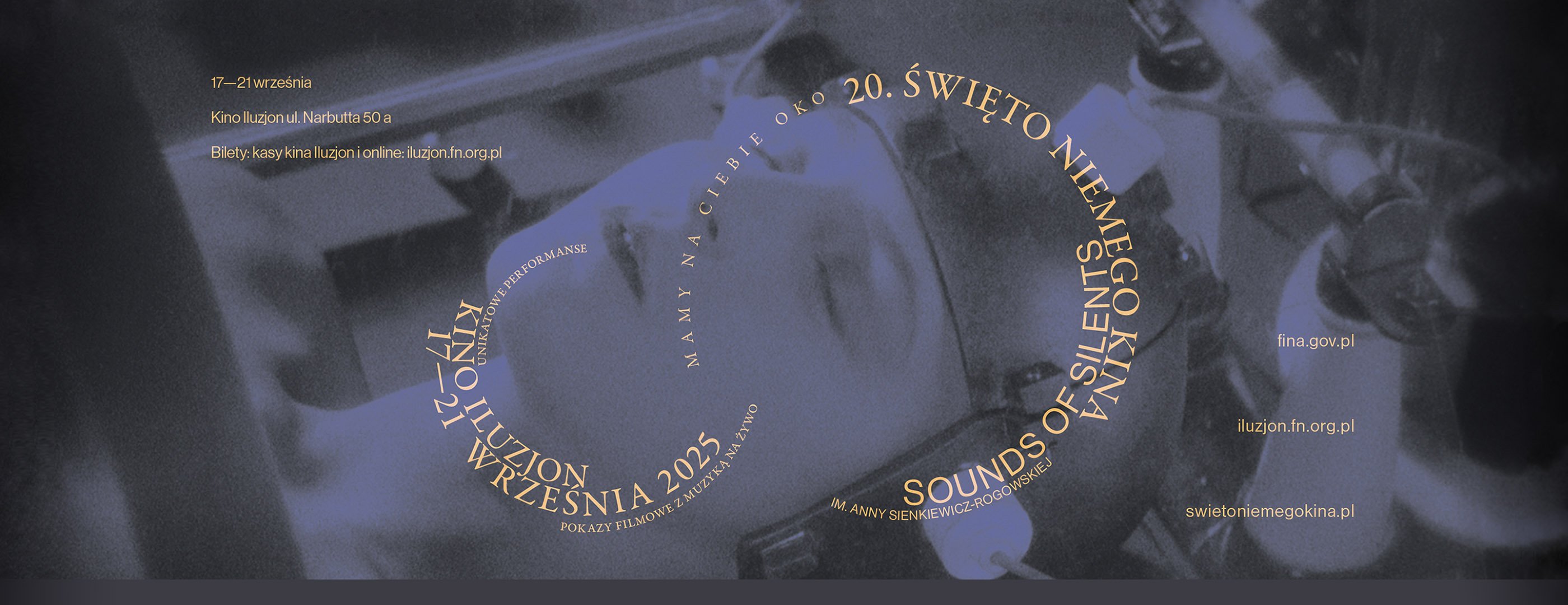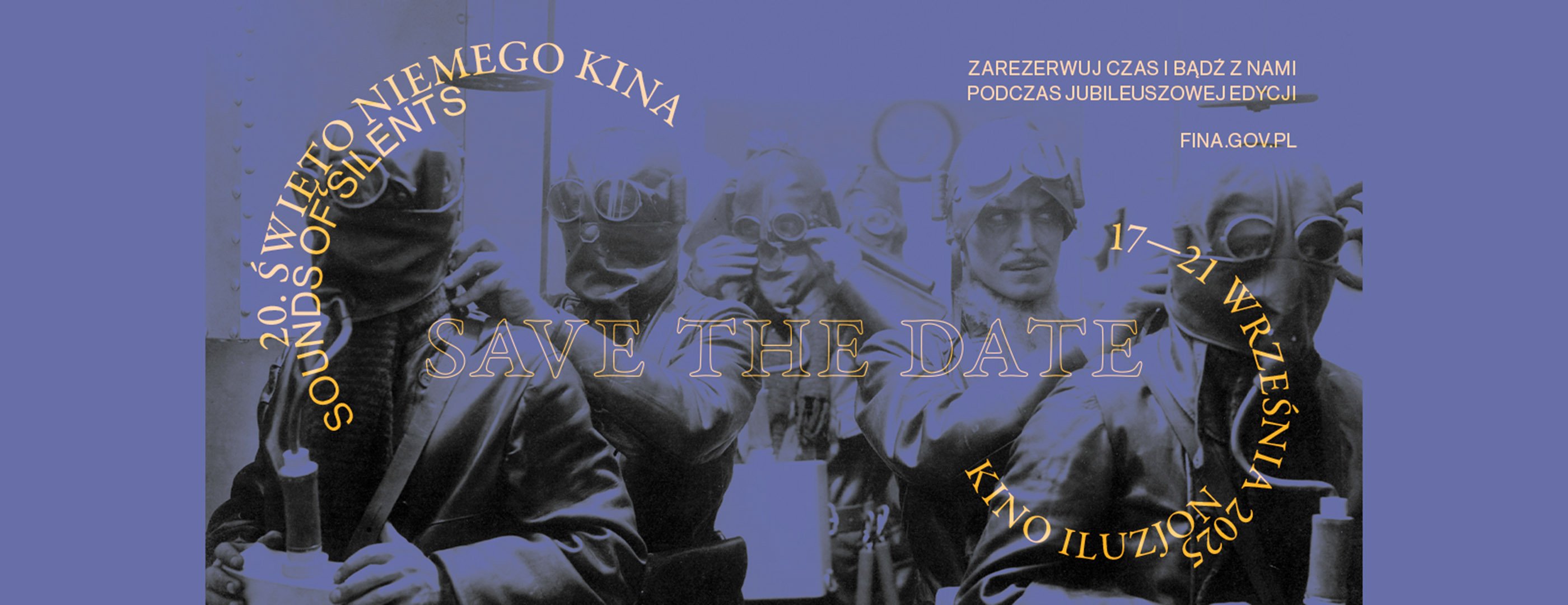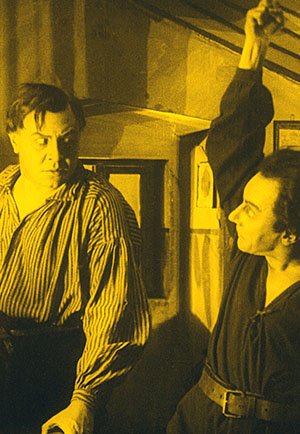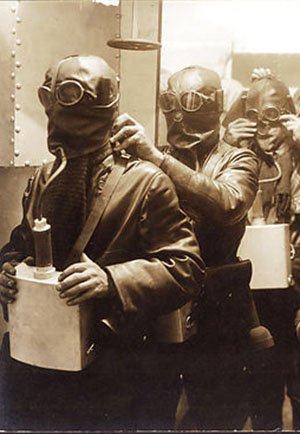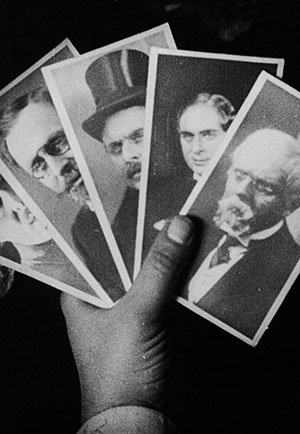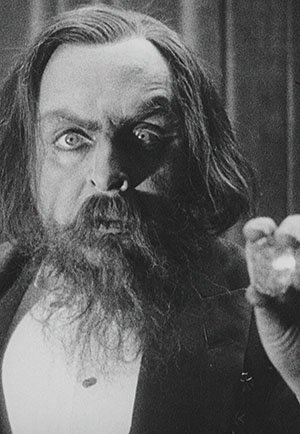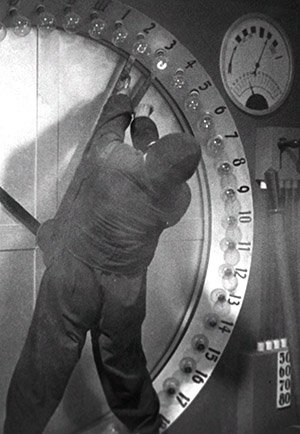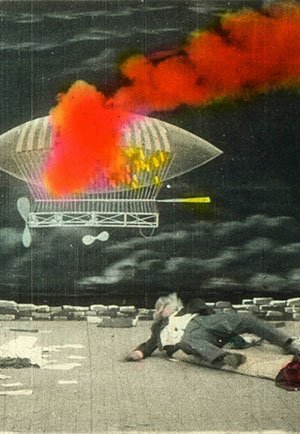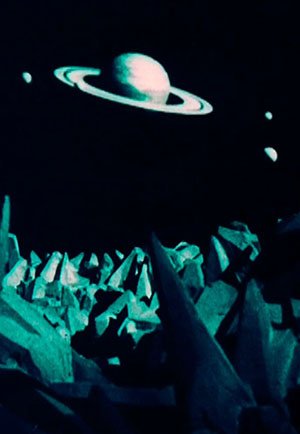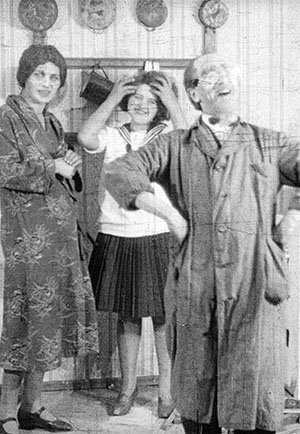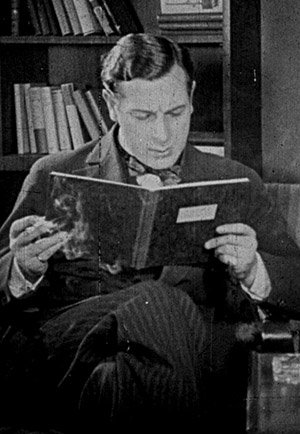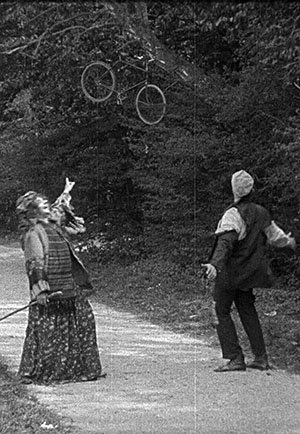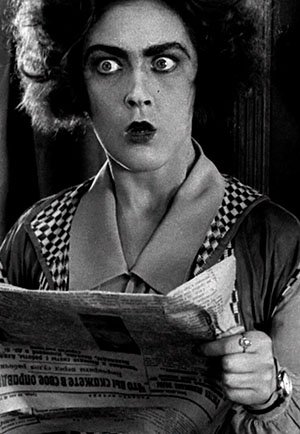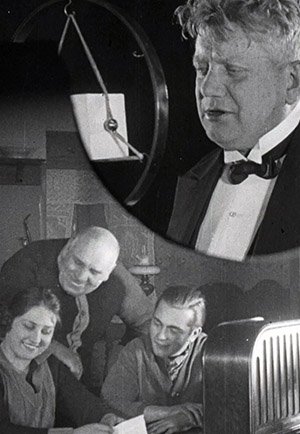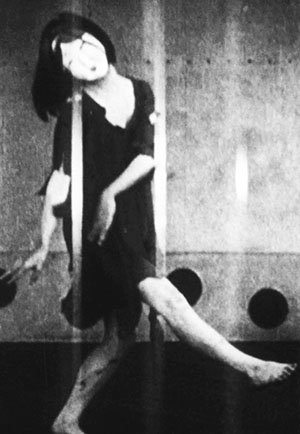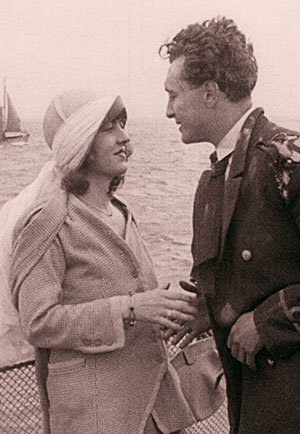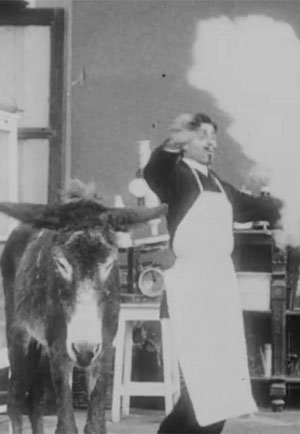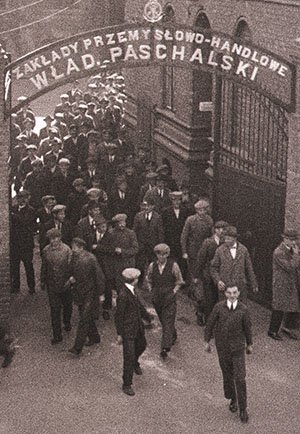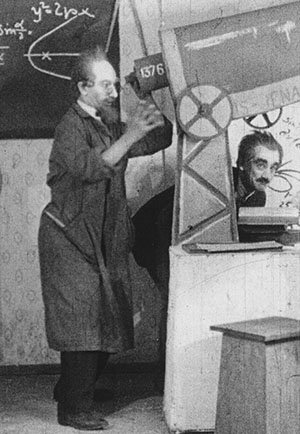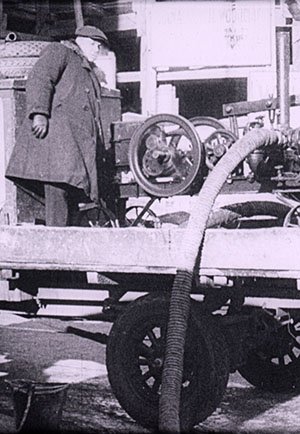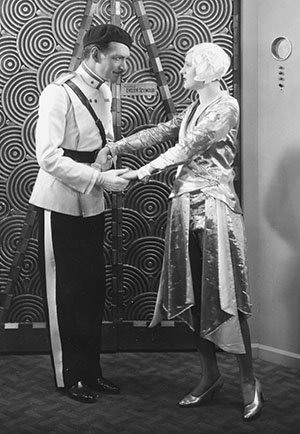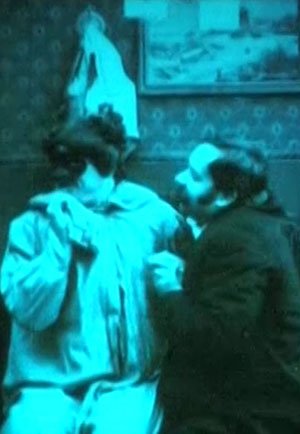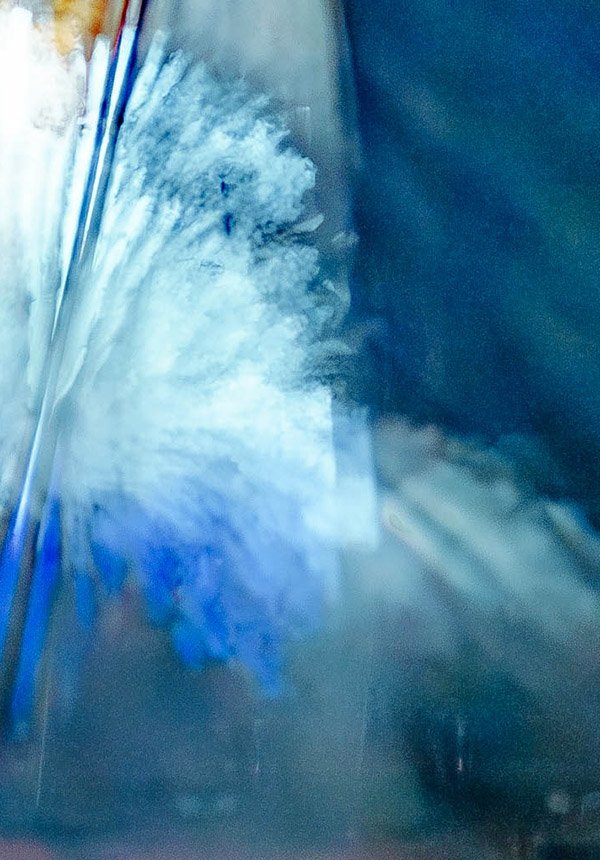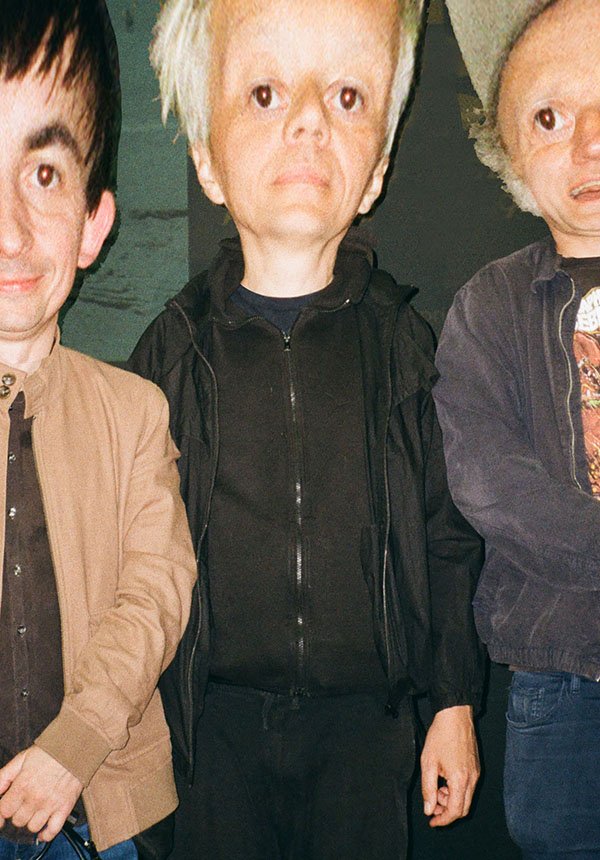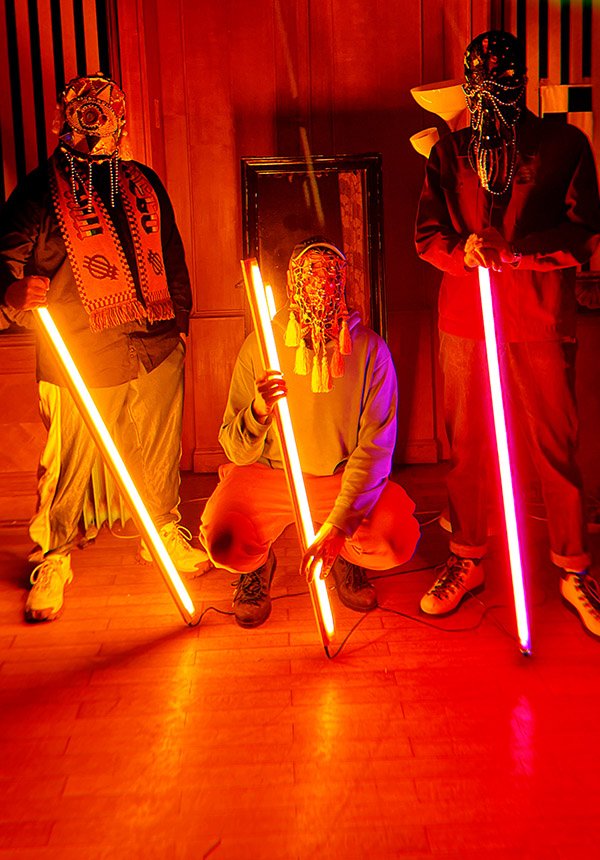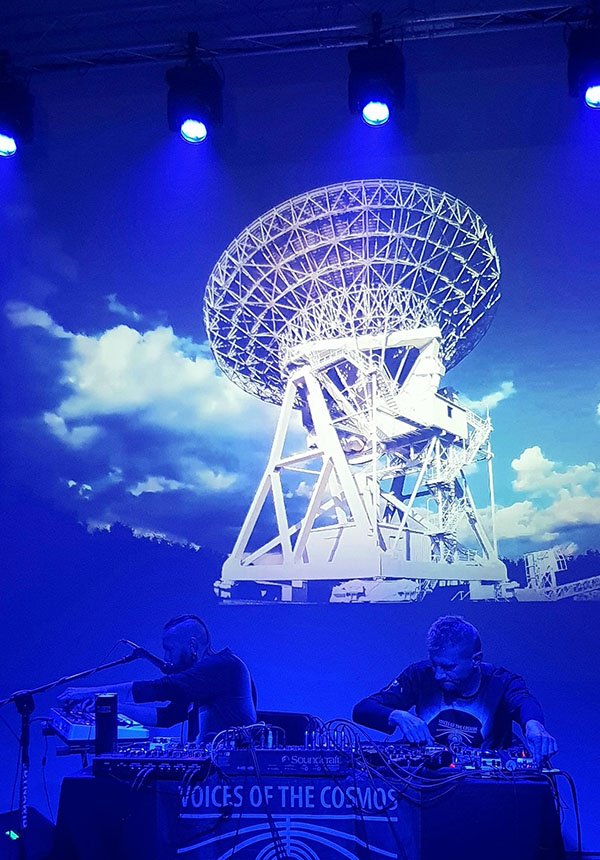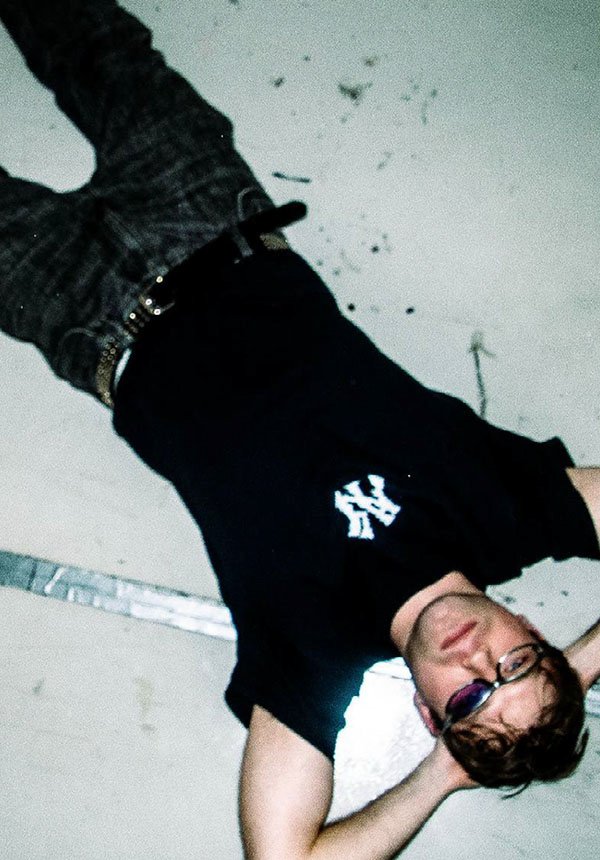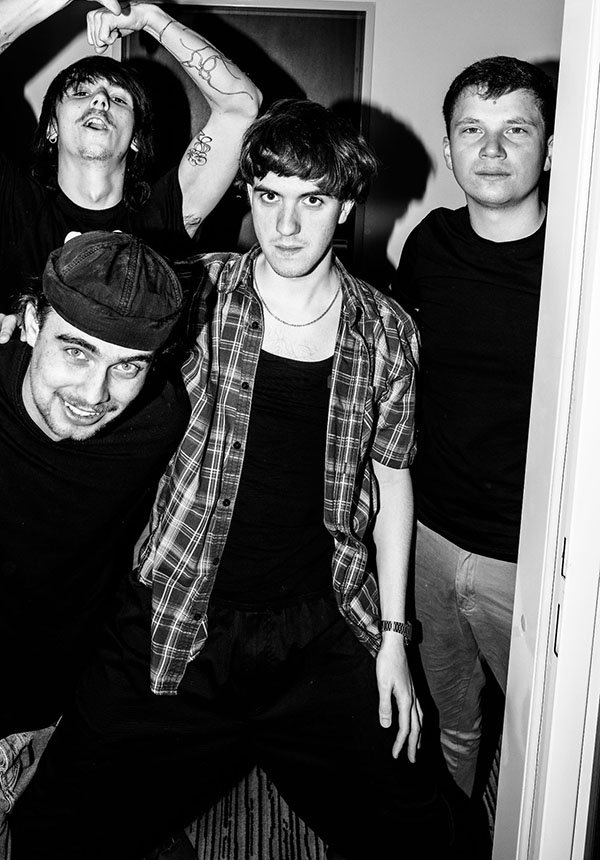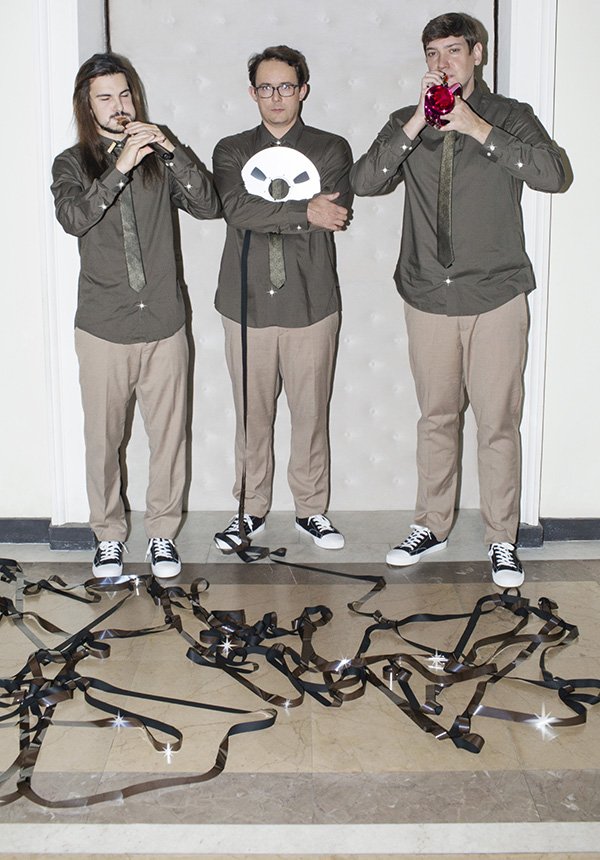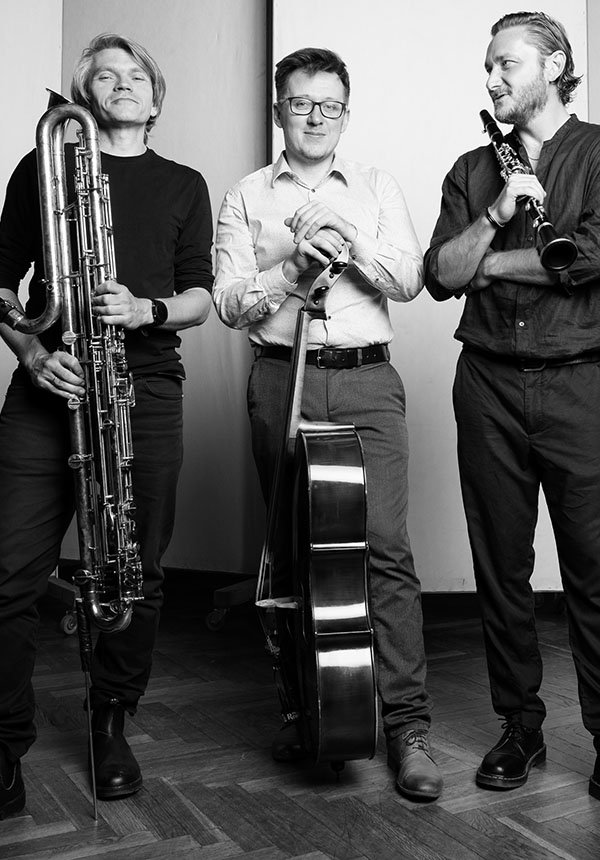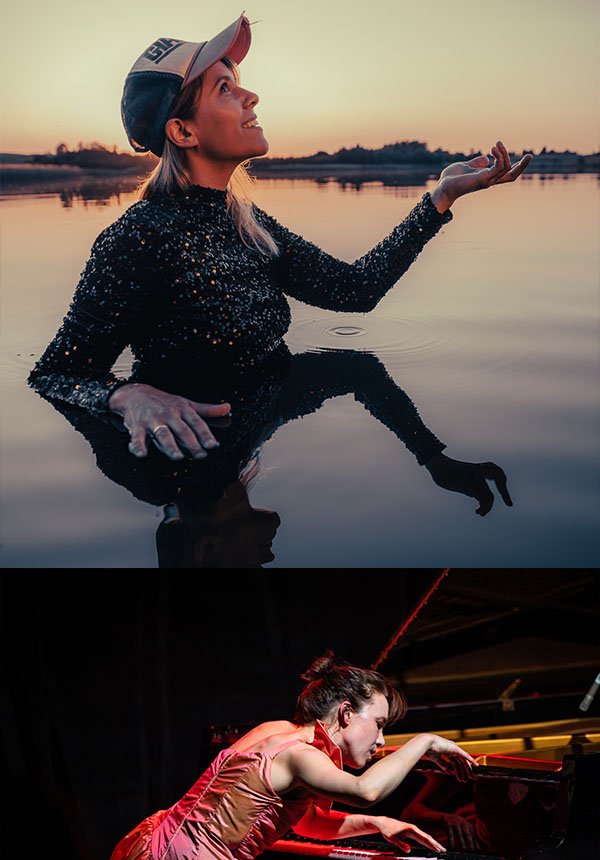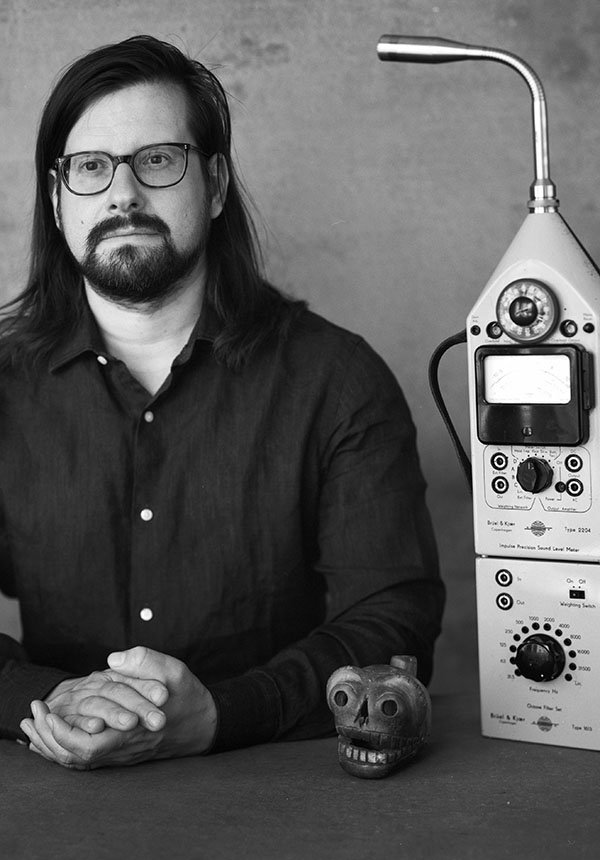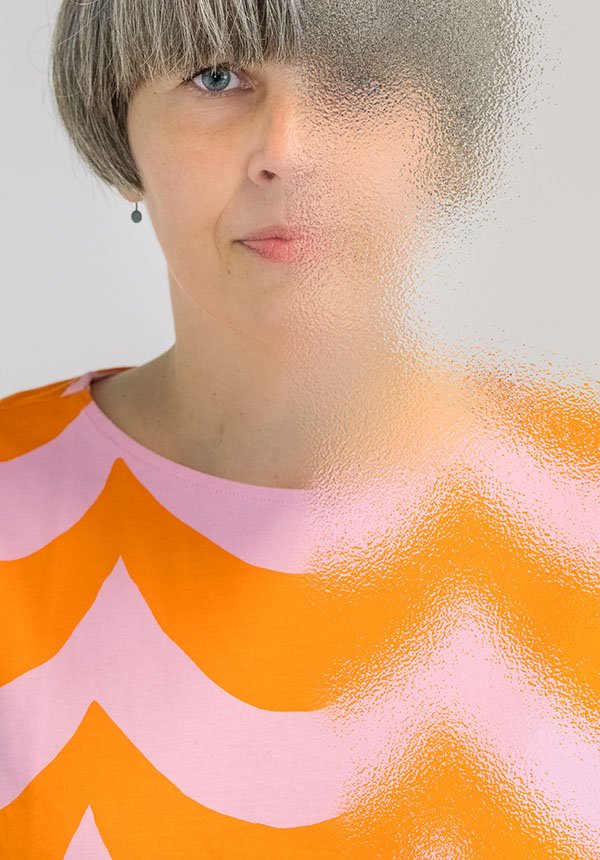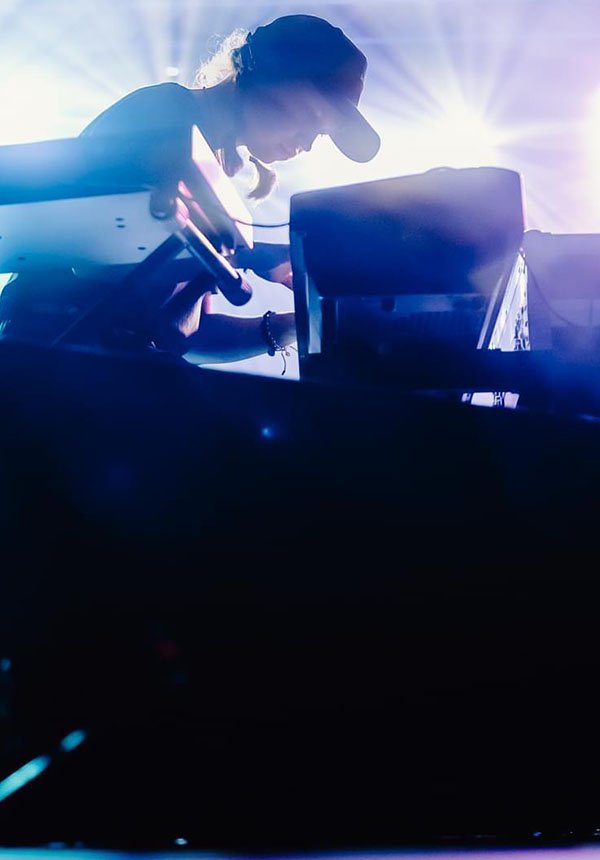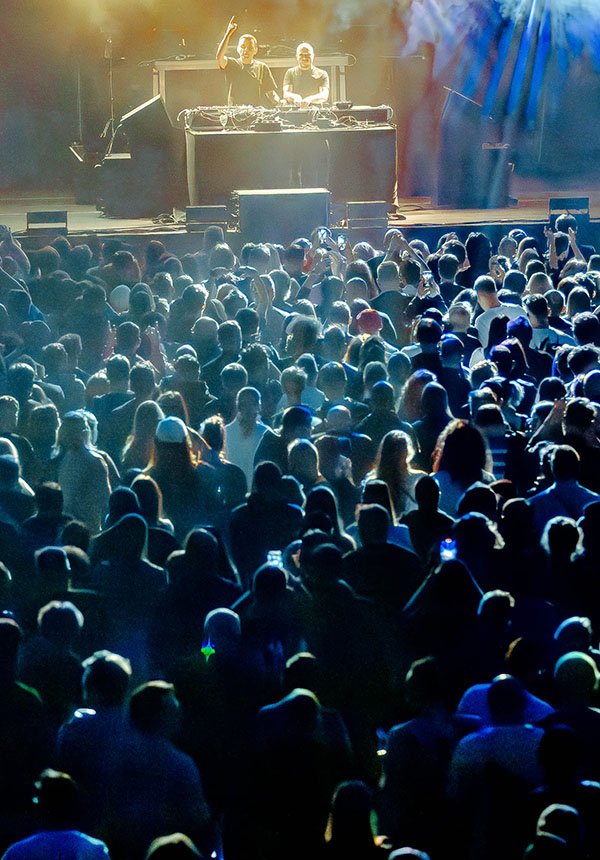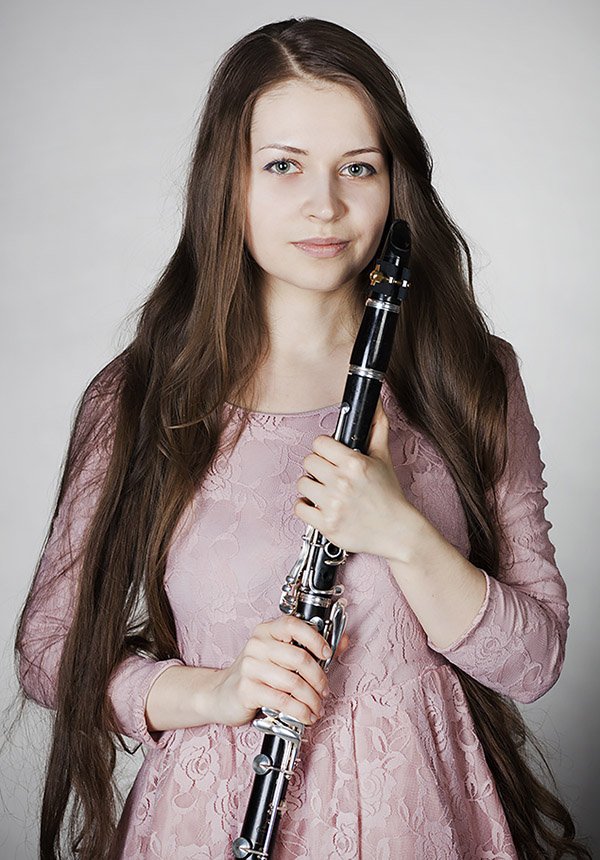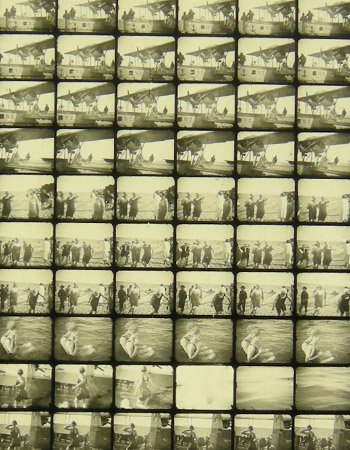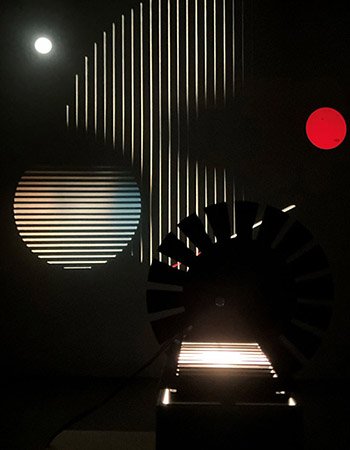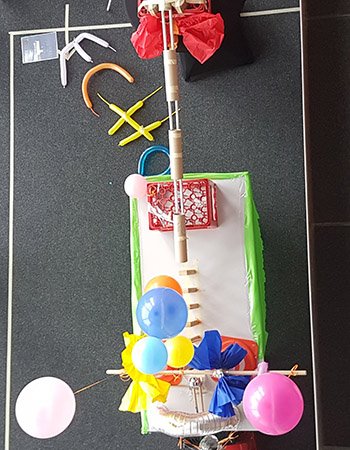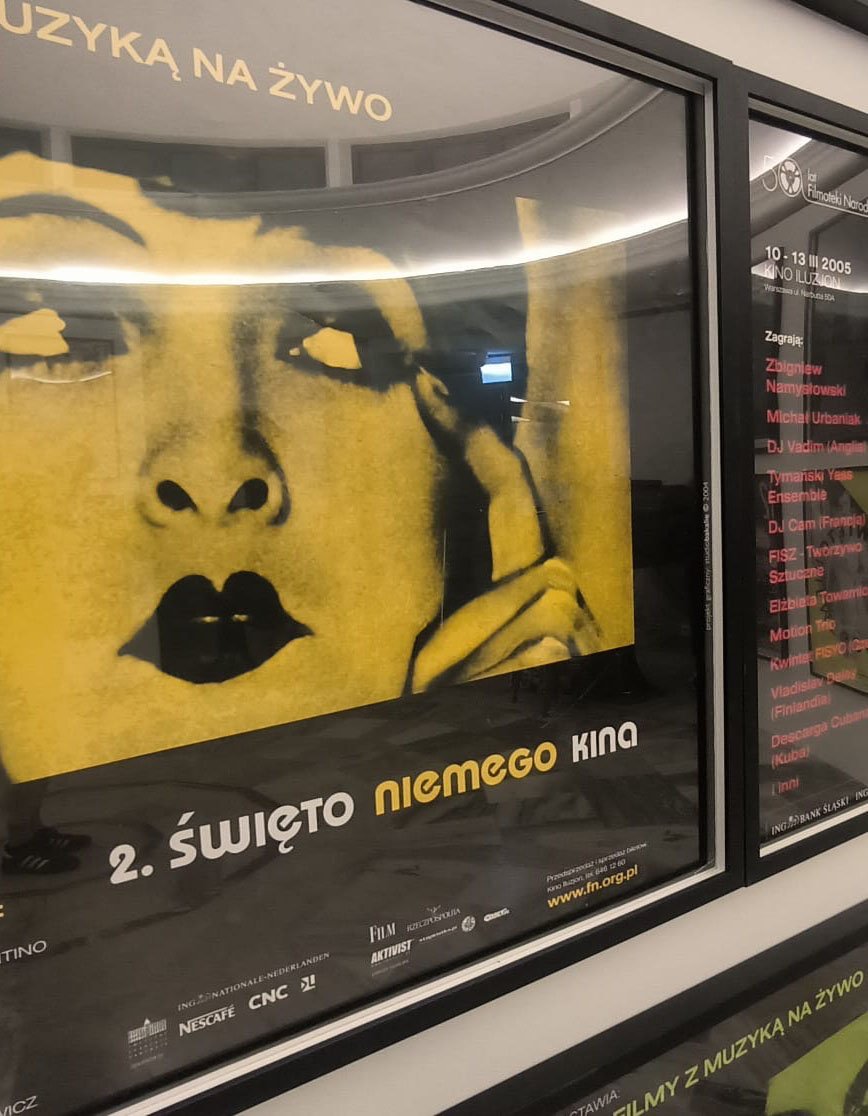The Silent Movie Festival offers a space for open reflection on the history of cinema as well as its potential. We aim to broaden horizons, surprise, and inspire—knowing that our audience seeks not only aesthetic experiences but also meaningful themes and a more socially engaged cinema. The festival's program is addressed to all those fascinated with the language of images, whether they be enthusiasts of old or contemporary cinema. We invite those who have never watched a silent film on the big screen before, as well as those who think they have seen it all. Let yourself be surprised!
Apart from the absolute classics of cinema, we will show some of the lesser-known, underrated, or previously unseen in Poland, negotiating their place in the canon of world cinema. It is precisely them, thanks to their modern form and bold content, that gain new meaning and value. In this year’s festival, we reach for titles representing diverse and often freshly emerging movie genres: epic science fiction, action movies, horror, slapstick comedy, documentaries, as well as industrial and advertising films. We craft these into multifaceted compositions inspired by early cinema programming: screenings of main titles preceded by often little-known short films, offering the viewer a fresh perspective on cinema beyond the scope of film history textbooks.
It will be a celebration of the film archive: together with outstanding guests, we will share with you the processes of preserving, restoring, and reconstructing the presented films. We will also demonstrate the evolution of the language of cinema, present pioneering uses of film technology, and unravel the making of special effects. We will draw you into the fascinating world of silent cinema through unique screenings both from digital media (premieres after remastering) as well as from 35mm, 8mm, and even 120mm film, presented in their original tinting, preserving the full frame and projection speed in line with the time of the film’s creation and its character. The screenings will be accompanied by live music and other special events. Join us!
This year’s program is inspired by the 150th anniversary of the birth of Polish inventor Kazimierz Prószyński — a pioneer of film technology who designed devices for recording and projecting moving pictures, most notably the "Oko" camera. Prószyński, an underappreciated genius with a dramatic biography, becomes a symbolic figure in our reflection on our relationship with technology – on the fear of technological power concentration and the issue of access control, but also the fascination that various innovations have practically always evoked. Technology shapes not only the world, but also our minds, our imagination, and our emotions.
It is best explained in the little-known example of early German expressionism titled Algol (1920, dir. Hans Werckmeister), which will open the main program. We are intrigued by the contemporary issue of replacing the dirty and heavy work in the mines with "clean" cosmic power. The movie resonates with what is currently referred to as technofeudalism in the context of criticism of contemporary digital capitalism, where monopolists control access to data and the tools we all use.
In our program, we will linger in the German cinema a while longer, immersing ourselves in the gloomy urban world of the movies by Fritz Lang. In Dr. Mabuse (1922), we follow the actions of a psychoanalyst who commits sophisticated crimes aided by his standing, hypnosis, and technological inventions. Another one of Lang's works presented in our program is the ultimate futuristic dystopia, Metropolis (1927). It tells a story of social conflict between workers and elites in a vertically designed machine-city. Technology is of political significance here, as a means to control the lower classes, yet it also plays a huge role in the film production process. Some details on the advanced special effects will be discussed before the screening by Tomasz Kolankiewicz, and you will be able to watch the movie in its longest, recently reconstructed version.
Not all movies, however, painted the future so grimly. In an era of uncertainty and transformation of the global order, some saw technology as a means of salvation. We shall thus also discuss the topics of pacifism, veganism, emancipation, and dreams of building a better and more just society in the context of the Trip to Mars (1918, dir. Holger-Madsen), the first full-length sci-fi film, and High Treason (1929, dir. Maurice Elvey), a British response to Metropolis produced towards the end of the silent film era. This film will provide a chronological capstone to this year’s festival.
Apart from these titles, the program will feature a series of companion shows and events. The family program, suitable for all ages, will be filled with robots, fantastical vehicles, extraordinary potions, and, above all, daring inventors, including Charley Bowers, one of our festival’s greatest discoveries. Aren't you curious how to grow a tiny Ford Model T or how to create an ecological substitute for gasoline? You will find the answers in our previously unseen slapstick comedies on wild inventors/-ions.
Saturday afternoon will belong to Siostry Archeo and the Futurospekcja foundation. This year as well, Siostry Archeo, who for years have been searching for proto-feminist and socially engaged themes, will present movies that are striking in their surreal and avant-garde form and a very modern topic selection. They will be loosely connected to the festival's main theme by their references to power, unrest, and madness. As part of Sounds of Silents, you will be able to see two full-length movies: an unknown masterpiece of Georgian cinema from the Soviet era My Grandmother (1929, dir. Kote Mikaberidze), a satire on technocracy cult of efficiency full of freedom of imagery, as well as A Page of Madness (1926, dir. Teinosuke Kinugasa), an avant-garde horror film known as one of the most unique works of Japanese cinema. With its action taking place almost entirely in a psychiatric hospital, the movie impresses with innovative editing and optical experiments.
As part of one of the special events, our archivist Michał Pieńkowski will present the section A Light Take on the Heavy Industry of the Second Polish Republic, featuring pre-war industrial films. Additionally, we will showcase pre-war Polish advertisements inspired by the spirit of modernity. All of this coming from the FINA archive! Another incredible event will be the screening of the original 1914 "Oko" camera footage. This will be brought to you by Monika Supruniuk, a scientist who dedicated her doctoral dissertation to the life's work of Kazimierz Prószyński. Finally, on Sunday, the artistic duo kinoMANUAL will invite you to see the Planet Store performances and visit the cosmic chill zone open throughout the festival, with their media installations made from recycled optical toys, mutated analog projectors, and original prototypes, all accompanied by their own soundtrack.

